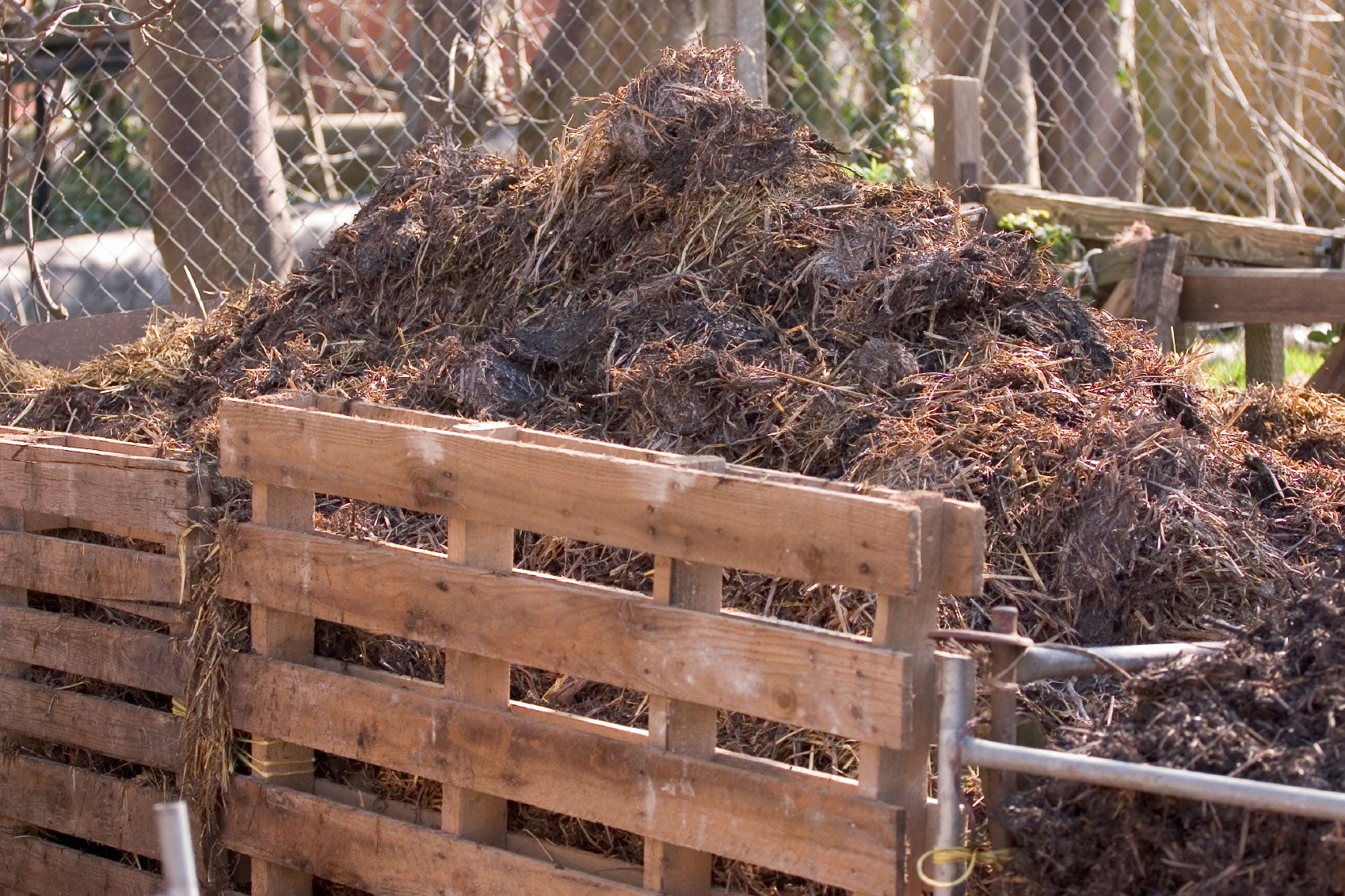
Most of us have heard that gardening with compost is a good thing, but what specifically are the benefits of composting, and how does compost help? In what way is garden compost beneficial?
Is Garden Compost Beneficial?
There are a slew of ways in which gardening with compost is valuable. Simply put, the advantages of using compost are to improve soil quality, enabling it to better retain air, nutrients, and moisture and resulting in healthier, thriving plants. Additionally, when you make and use compost, you are recycling instead of contributing to solid waste landfills. So how does compost help nourish, aerate, and hydrate soil medium? Composting helps in the following ways:
How Compost Helps Soil Structure
The structure of the soil is in reference to how the inorganic elements such as sand, silt, and clay coalesce with organics like compost and humus. Together, they create aggregates or groups of loosely composed particles bound by compost and earthworms. This creates a “crumbly” textured soil ideal for drainage and water retention and is easier to work. This lightened soil also allows tender young roots to penetrate the surface more easily. The addition of compost, specifically to soils that are heavily clayed or overly sandy, will result in a healthier overall substructure that will also allow air to circulate. Another advantage of using compost is its prevention of erosion. Compost loosens tightly bound particles in clay or silt, allowing roots to easily spread and thereby impeding erosion. Hand in hand with the prevention of erosion, compost also increases soil's ability to retain water and decreases runoff by encouraging healthy root systems. A five percent increase in organic material will quadruple the water holding capacity of the soil. Decreasing water runoff helps to protect our waters by thwarting pollution from fertilizer, pesticides, and general soil runoff.
How Compost Aids in Nutrient Retention
The addition of compost adds nitrogen, phosphorous, and potassium as well as micro-nutrients such as manganese, copper, iron, and zinc. While these micronutrients are only needed in small amounts, they are important contributors to a plant's overall health. Commercial fertilizers are often lacking in micro-nutrients, so compost is an added boon to the health of your plants. As compost rots, some materials break down more rapidly than others, in effect becoming a sort of slow-release fertilizer. The greater variety of ingredients in the compost, the greater variety of nutrients will be released. Amending the soil with compost will also neutralize both acidic and alkaline soils, bringing the pH levels to an ideal range for nutrient absorption by plants. A compost-amended garden also attracts earthworms, centipedes, sow bugs, redworms, and others. Their presence proves that there is still organic material breaking down as it passes through their digestive systems and represents a balanced ecology. The existence of these little guys burrowing through the earth also aerates the soil.
Other Advantages of Using Compost
Compost-amended gardens also tend to have fewer pest problems without the use of pesticides and are more resistant to disease as well. Compost that is predominantly leaf-based has been shown to be effective against nematodes, and compost application to grass suppresses a multitude of fungal diseases. Lastly, composting is cost-effective, decreasing the amount of cash outlay for garbage pickup, pesticides, herbicides, fertilizers, and the like. Basically, using compost in the garden is a win-win situation all the way around.
Sign up for the Gardening Know How newsletter today and receive a free copy of our e-book "How to Grow Delicious Tomatoes".

Amy Grant has been gardening for 30 years and writing for 15. A professional chef and caterer, Amy's area of expertise is culinary gardening.
